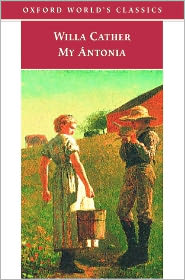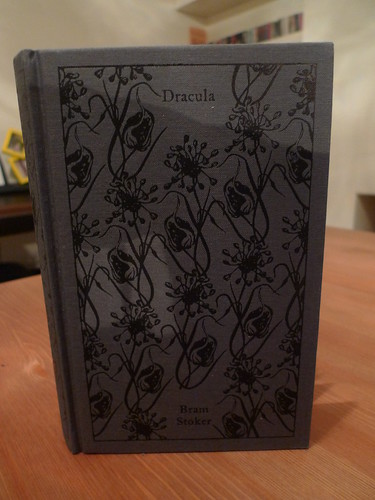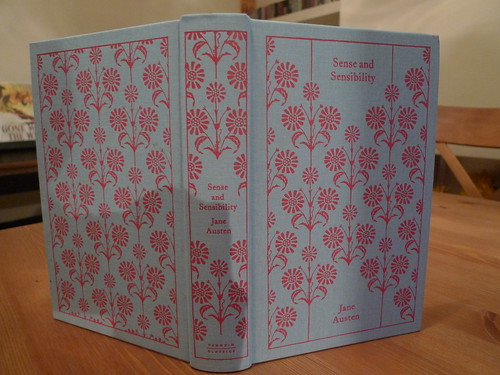Theodora of Constantinople was the daughter of a bear trainer who became a dancer, actress, prostitute, religious convert, mistress, Empress and finally Saint of the Orthodox Church. In Theodora: Actress, Empress, Whore, Stella Duffy provides a fictional biography of the first part of her life, from when the death of her father forces her on the stage to the moment she becomes Empress. A sequel is planned.
I found this book to be underwhelming. Theodora certainly had an interesting life, and it was obvious that Duffy had done a great deal of research into her character, setting and time period, but this novel was just an average piece of historical fiction for me. It was one of those books I was anxious to finish so that I could get on to something else.
I think part of the problem was the way the characters, especially Theodora herself, spoke to each other. I have nothing against swearing or crude language, but it was all done with modern phrasing. Didn't the Ancients have their own swear words and phrases? It was jarring for me as a reader to be transported back in time only to have the characters come out with very modern dialogue.
What I enjoyed most about Theodora: Actress, Empress, Whore was the settings. Constantinople and Alexandria were written vividly and I could easily imagine what it would have been like to live in them. The sights and smells were all invoked skilfully.
Verdict: Average piece of historical fiction about a woman with a fascinating life.
First published: 2011
Source: From the publisher via NetGalley
Score: 2.5 out of 5


















